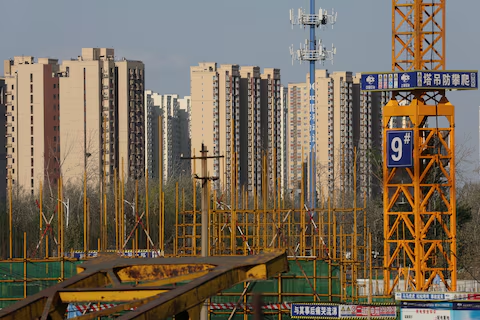In a bold and unconventional move, a small village in Colombia has turned its steep main street into a massive water slide, capturing international attention and sparking debates over public safety, innovation, and community spirit. The transformation, which began as a local celebration in the village of La Quebrada, has become a viral sensation and a symbol of grassroots creativity in Latin America.
La Quebrada, nestled in the mountainous Antioquia region, has long struggled with poor infrastructure and limited recreational spaces. Facing a tight budget and a steep road that was difficult to maintain during heavy rains, residents — led by a group of local youths — decided to repurpose the sloped main street into an attraction for both locals and visitors.
With tarps, hoses, soap, and buckets, the community built a giant waterslide stretching more than 300 meters downhill. During weekends and festivals, residents now line up for their turn to glide down, cheered on by neighbors and tourists who have begun flocking to the town.
“We wanted to do something fun that brings everyone together,” said Juan Esteban Moreno, a 23-year-old student and one of the project’s organizers. “This is our way of showing that with imagination, even a village like ours can make headlines.”
What started as a playful experiment has drawn praise for its ingenuity and community cohesion. Videos of villagers, young and old, sliding down the street have racked up millions of views online, with hashtags like #SlideQuebrada trending on social media platforms across Latin America.
Local authorities, initially skeptical, have since supported the initiative. The mayor of the municipality has pledged minor funding to improve safety conditions, such as soft barriers and supervision on peak days. “This is an example of the joy and creativity of our people,” the mayor said. “We are working to ensure everyone can enjoy it safely.”
However, not everyone is convinced. Some critics have raised concerns about injuries, liability, and whether the slide may undermine infrastructure or block access for emergency vehicles. Public health officials have urged caution, especially regarding hygiene and crowd control.
“We applaud the community spirit, but safety protocols need to be formalized,” said Lina Ríos, a health and safety consultant in Medellín. “Turning a public road into a waterslide is charming, but it must be carefully managed.”
Despite the concerns, the slide has become a source of pride for La Quebrada. Local businesses, including food stalls and guesthouses, are seeing a surge in customers, and the town has begun to appear on travel blogs as a “hidden gem” in Colombia.
The initiative has inspired neighboring towns to consider similar community projects. Some municipalities are exploring temporary slide events during festivals or dry seasons as a way to engage youth and promote tourism.
Anthropologists and cultural observers say the La Quebrada slide represents more than just summer fun. “It’s a statement about reclaiming public space and redefining how we engage with our environments,” said Dr. Camila Herrera, a sociologist at the National University of Colombia. “In a country often burdened by conflict and inequality, moments like this remind us of the resilience and inventiveness of local communities.”
As La Quebrada continues to slide into the global spotlight, residents hope their story inspires others to find joy and connection through collective action. For now, the sound of laughter and splashing water echoes through the village — a testament to what can happen when people turn everyday challenges into opportunities for play and pride.
Source; ABS-CBN News



